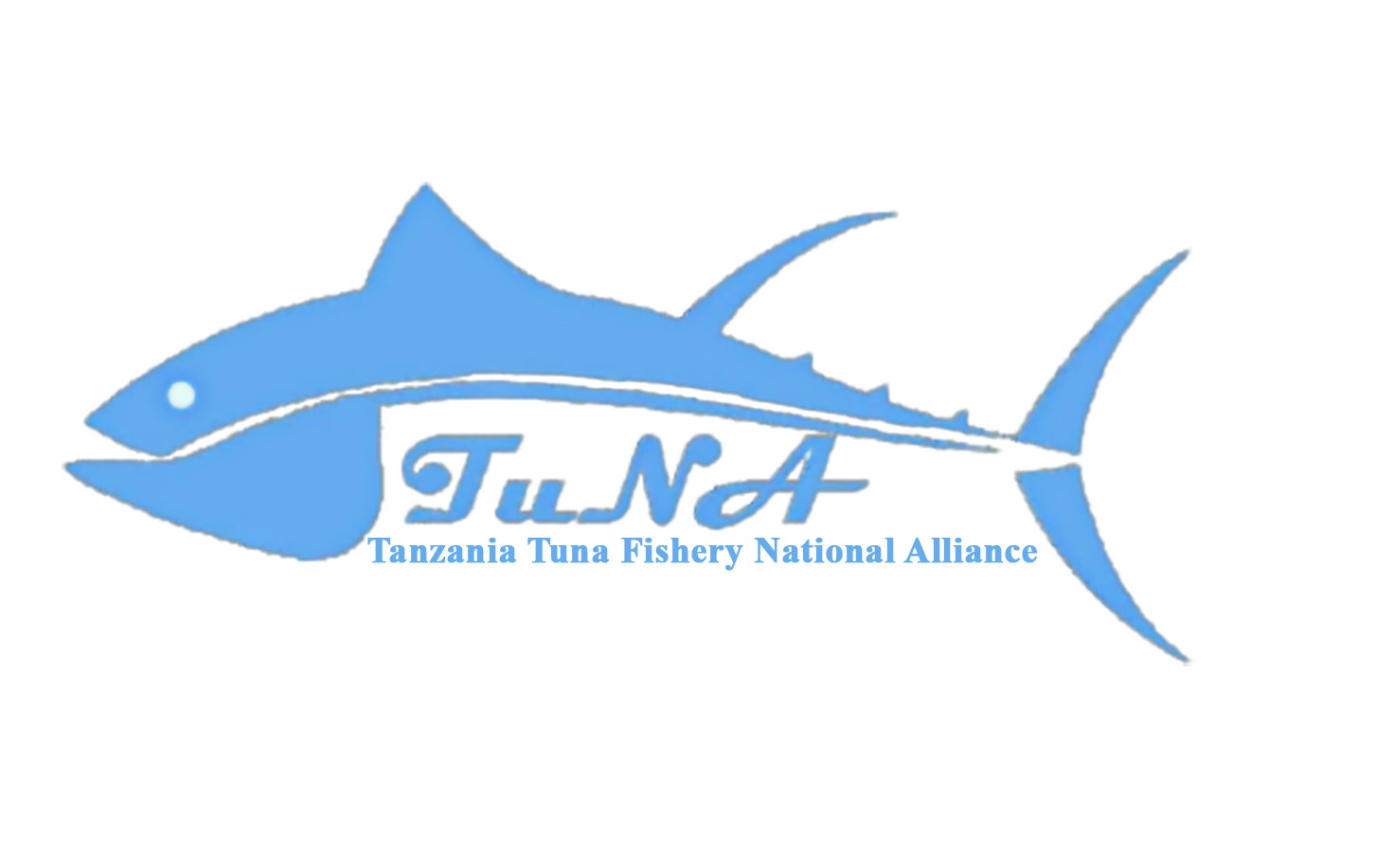Tanzania, blessed with a vast coastline and abundant marine resources, relies heavily on its fisheries sector for food security, employment, and economic growth. However, challenges such as overfishing, habitat degradation, and climate change threaten the sustainability of these resources. The Tanzania Tuna Fishery National Alliance (TuNA) plays a pivotal role in addressing these issues and ensuring that tuna fisheries continue to thrive for generations to come.
Driving Sustainable Practices
The TuNA is committed to promoting sustainable fishing practices that balance economic benefits with ecological conservation. According to Dr. Benjamin P. Ngatunga, the Alliance’s Technical Officer, “Sustainable fisheries are not just about protecting marine life; they’re about securing livelihoods, preserving ecosystems, and ensuring that future generations can benefit from these resources.
One of the Alliance’s key initiatives is the implementation of science-based catch limits. By working closely with local communities and researchers, TuNA ensures that fishing quotas are determined by reliable data, protecting tuna populations from overexploitation. For example, the Alliance collaborated with the Tanzania Fisheries Research Institute (TAFIRI) to conduct comprehensive stock assessments, which are crucial for informed decision-making.
Empowering Local Communities
Winfried V. Haule, the Coordinator of TuNA, emphasizes the importance of community involvement in achieving sustainable fisheries. “We cannot succeed without the active participation of the people who depend on these resources,” Haule says. The Alliance organizes workshops and training programs to educate fishers on sustainable practices, such as using selective gear that minimizes bycatch and protects juvenile fish.
A shining example of this effort is the partnership with other Civil Society Organizations (CSOs). Through this collaboration, TuNA has introduced eco-friendly fishing technologies and provided financial support for alternative livelihoods, such as aquaculture and eco-tourism. These initiatives reduce pressure on tuna stocks while enhancing the resilience of coastal communities.
Advocating for Policy and Governance
Under the leadership of Chairperson Mohammed Mohidini and Mr.Winfried V. Haule, TuNA has become a powerful advocate for policy reforms that prioritize sustainability. “Our role is to bridge the gap between the fishers on the ground and the policymakers in government,” Mr.Haule explains. The Alliance has successfully lobbied for stricter regulations on illegal, unreported, and unregulated (IUU) fishing, a major threat to Tanzania’s tuna industry.
Mr. Hujeje, a prominent member of the Alliance, highlights the success of joint patrols conducted in collaboration with the Tanzania Maritime Authority. “These efforts have significantly reduced illegal fishing activities, ensuring that our resources are protected from exploitation by unlicensed vessels,” he says.
Building Partnerships for a Sustainable Future
The TuNA’s collaborative approach extends beyond Tanzania’s borders. By partnering with regional organizations such as the Indian Ocean Tuna Commission (IOTC) and global conservation groups like the World Wildlife Fund (WWF), the Alliance brings international expertise and resources to Tanzania’s fisheries sector. These partnerships have enabled the introduction of innovative technologies, such as satellite tracking systems for monitoring fishing activities.
A Vision for Tomorrow
The Tanzania Tuna Fishery National Alliance is a beacon of hope in the fight for sustainable fisheries. Its multifaceted approach combining scientific research, community empowerment, policy advocacy, and international collaboration demonstrates the profound impact that a well-coordinated organization can have on national development.
As Dr. Ngatunga eloquently puts it, “Sustainability is not an option; it is a necessity. Our oceans are a gift, and it is our responsibility to ensure they remain vibrant and productive.” Through its tireless efforts, the TuNA is not only safeguarding Tanzania’s tuna resources but also setting an example for the world to follow.
